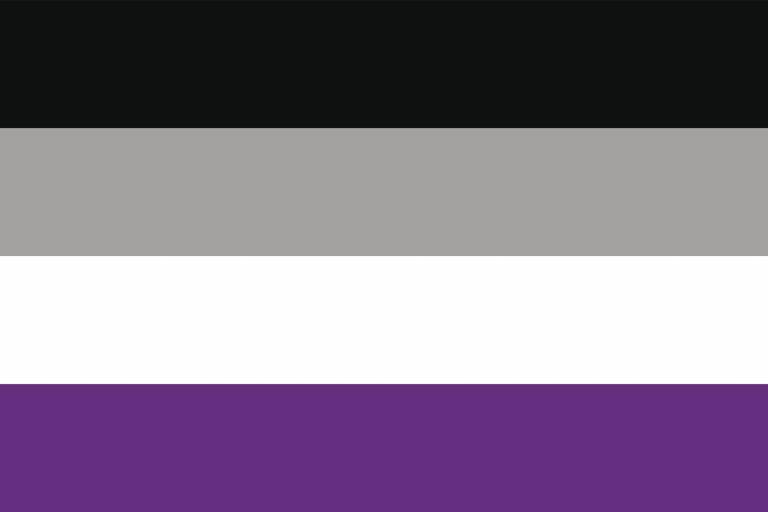Ace Week: 22-28 October 2023
19 October 2023
22-28 October 2023 is Ace Week – an annual campaign to raise awareness of, and build community within, the asexual community.

The ‘A’ in LGBTQIA+ stands for Asexuality. An asexual (or ‘ace’ for short) person feels little to no sexual attraction to anyone. They are not drawn to people sexually or romantically, and do not desire to act upon attraction to others in a sexual way.
It’s estimated that around 1% of the population is asexual – which might be more than you’d expect – but asexual people are rarely discussed or represented in the media, which has led to a great deal of stigma and many misconceptions.
UCL EDI Manager Gerard Jones said “In a society where being in a relationship is seen as normative and even aspirational, asexual people can often be subject to prejudice and misunderstanding. People can make harmful assumptions that asexual people have an illness or disorder, are missing out, feeling lonely, ‘just haven’t met the right person yet’ or are simply cold and unemotional.
“However, in reality, asexual people lead happy, fulfilling lives and nurture deep, meaningful relationships with friends and/or partners. Ace week is a great time to find out more about this type of sexual orientation, and think about how you could be an ally to asexual people. Asexual staff and postgraduate students are also warmly invited to join our network, Out@UCL. Take a look at the resources below, and happy Ace Week!”
More information and resources
- Find a roundup of events taking place worldwide on the Ace Week website.
- This 2021 Ace Week blog from UCL’s EDI team goes further into some of the misconceptions surrounding asexual people and offers some great tips for allyship.
- A conversation between two UCL alumni: asexual activist and model Yasmin Benoit talks to Steph McGovern about what being ace is like
- Yasmin Benoit’s TEDTalk and her website have lots of interesting resources about asexuality.
- This talk by David Jay, founder of AVEN (Asexual Visibility and Education Network), goes further into what it’s like to be asexual.
 Close
Close

